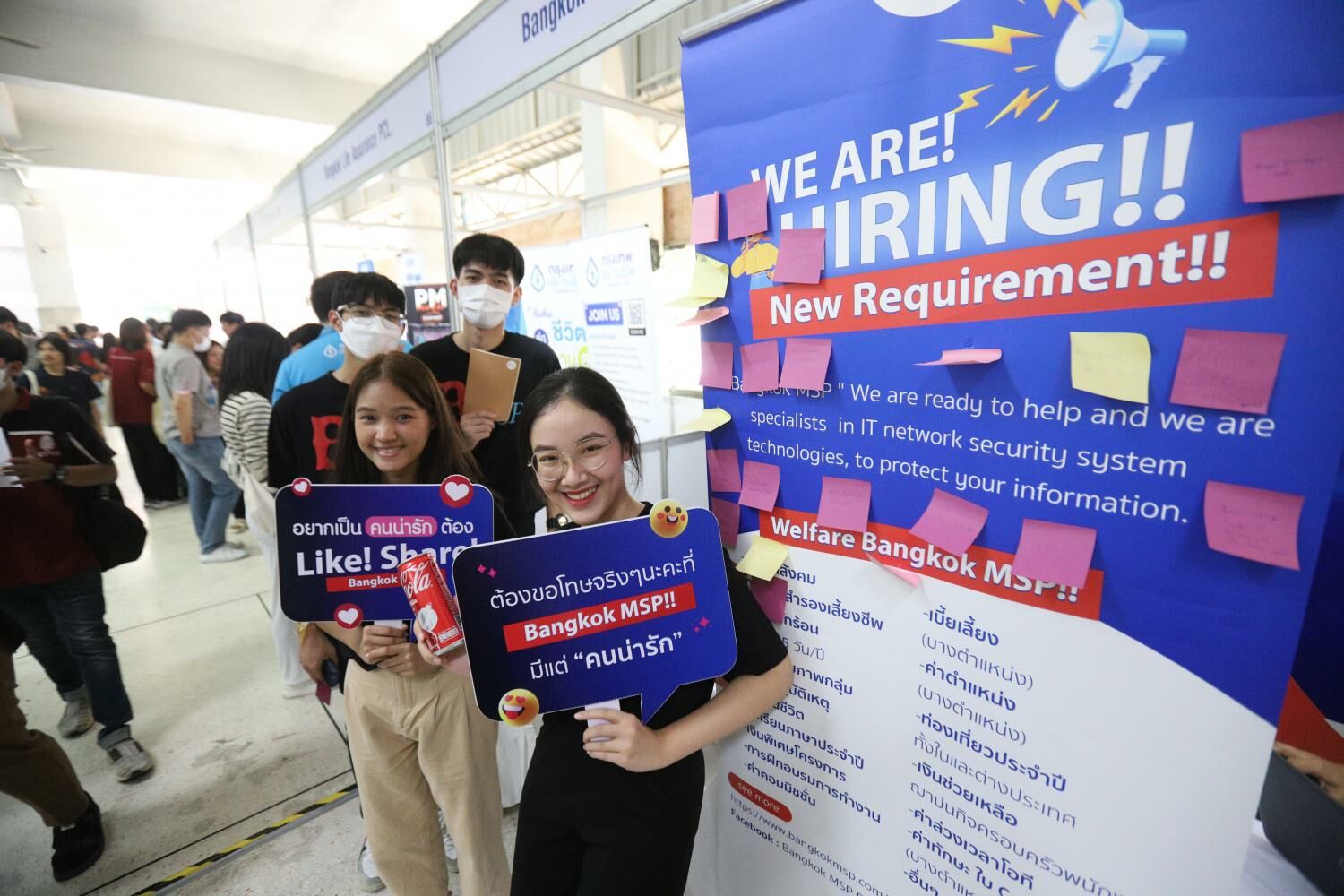Thailand’s education system needs urgent overhaul to meet trade, investment demands

The pressing need for Thailand to expedite its educational development to match trade and investment needs has been highlighted by Poonpong Naiyanapakorn, director-general of the Trade Policy and Strategy Office (TPSO). The dynamic and rapidly evolving nature of the contemporary trade, investment, and technological sectors necessitates a workforce equipped with adaptable skills and thinking capabilities.
Poonpong detailed that despite some improvements in Thailand’s competitiveness ranking for 2023, there are significant risks linked to potential shortages in the skilled labour force, especially within the service sector. He warned of the heightened competition from other countries investing heavily in their workforce development, which could pose challenges for Thailand in attracting foreign investment.
The TPSO director-general referenced the 2022 Board of Investment survey that identified a stark shortage of skilled labour, with up to 12,000 vacancies in the machinery, automotive, electrical, and electronics industries.
He also highlighted the subpar performance of Thai students in the Programme for International Student Assessment (Pisa), conducted by the Organisation for Economic Cooperation and Development in 2023. Thai students consistently scored lower than their peers in Singapore, Vietnam, and Malaysia, reflecting a downward trend in Thailand’s educational performance.
Poonpong pointed out significant issues within the Thai education system, including a mismatch between the workforce produced and the market’s demands. The traditional emphasis on formal educational pathways over vocational ones, coupled with the negative perception of vocational education, has resulted in a decreased demand for vocational training.
This trend, in turn, has led to a severe shortage of skilled labour, threatening the country’s ability to accommodate expanding foreign investment and risking future labour shortages in key sectors.
Technology in teaching
Furthermore, the director-general highlighted the deficiency in the education workforce’s understanding and application of technology in teaching. Citing a study by the International Association for the Evaluation of Educational Achievement (IEA), he revealed that only 51% of Thai teachers use ICT equipment in their classrooms, a percentage significantly lower than South Korea (76%), Hong Kong (79%), and Australia (90%), reported Bangkok Post.
Poonpong underscored the importance of education as a long-term investment in human resources, necessitating immediate development to meet the country’s industrial needs. He suggested measures such as surveying the specific requirements of each field, enhancing practical experience outside the classroom, developing teaching staff to effectively impart new skills, and improving the coordination between related organisations.
The director-general stressed the necessity for both university and vocational educational institutions to cultivate curricula that align with the digital economy or smart labour requirements.
In related news, Thai universities shine in THE World University Rankings 2024, with 19 institutions recognized for academic excellence and global impact.
Latest Thailand News
Follow The Thaiger on Google News:


























